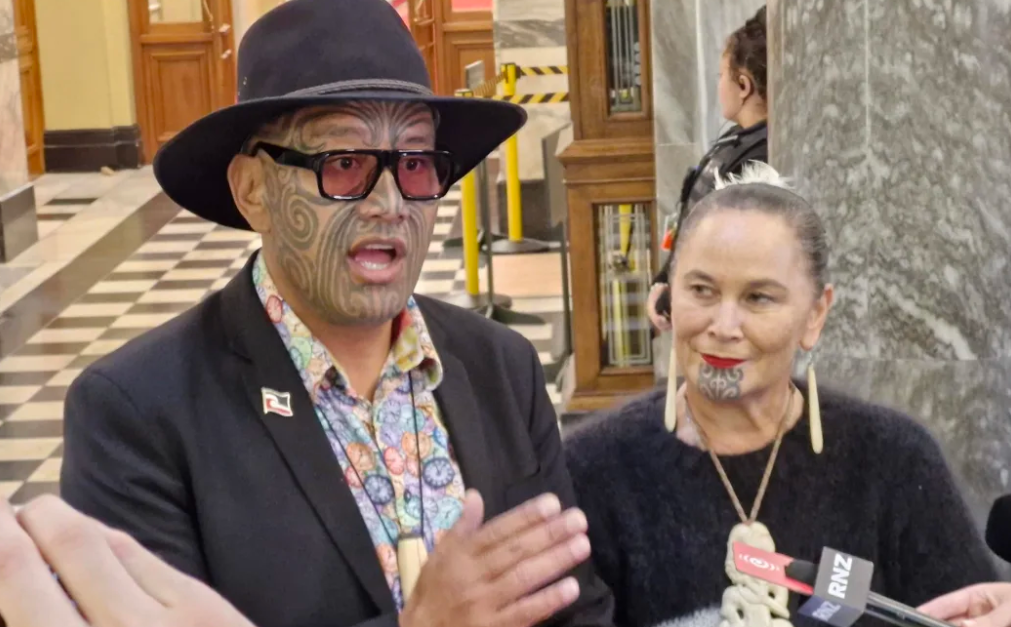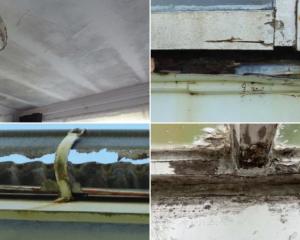
By Russell Palmer of RNZ
The stand-off between Te Pāti Māori and Parliament's Privileges Committee is coming to a head, with a public hearing today.
It's been billed as the last chance for co-leaders Rawiri Waititi and Debbie Ngarewa-Packer and their MP Hana-Rāwhiti Maipi-Clarke to give evidence about whether their haka during last year's Treaty Principles Bill debate disrupted Parliament.
The committee, which acts as Parliament's watchdog, can recommend a fine of up to $1000, as well as other punishments for breaches of Parliament's rules, which Parliament then enforces.

The hearing has separate half-hour slots set aside for Waititi, Ngarewa-Packer and Maipi-Clarke from 10.10am to 11.40am.
After refusing to appear at the previous hearing this month, the three MPs vowed to hold their own May hearing 7, saying they were being denied key legal rights by the committee.
"We have decided that being accountable is really important, and we want people to understand what it is to be Māori and to have tikanga in this place," Ngarewa-Packer said.
Calling the committee a "kangaroo court", Waititi said it was "about us standing up against the tyranny of the majority and the contest between the dominating culture that te iwi Māori has to contend with", and the matter was bigger than a "silly little Privileges Committee and their silly little rules".
Privileges Committee chair Judith Collins at the time said the committee would make a determination after the fact if the MPs did not show up to the next scheduled hearing.
"We do not want to have anybody under any illusions as to just how serious this is," she said.
The Pāti Māori MPs claimed the committee had:
- Refused their requests for a joint hearing
- Prevented submissions about tikanga from their legal representatives, or from tikanga expert Tā Pou Temara
- Set a hearing date without accommodating the MPs' or their senior legal representative Chris Finlayson's schedules
They said Maipi-Clarke had also already faced punishment for her involvement in the haka. Unlike in the courts, however, the double jeopardy rule which prevents people being punished for the same crime twice does not apply to Parliament.
University of Otago law professor Andrew Geddis said Parliament's Standing Orders allowed lawyers to be present for a hearing and provide advice on procedure, but they could not provide substantive evidence as that was the role of those invited to attend.
The Te Pāti Māori MPs could still provide written evidence to the committee.
RNZ sought comment from Te Pāti Māori over whether they would attend or provide written evidence, but they did not respond.
Labour's Peeni Henare gave evidence before the committee last month. In an interim report, it found his actions were disorderly but not in contempt, and he apologised to Parliament.
The place of haka and tikanga in Parliament is being considered by a different committee.













